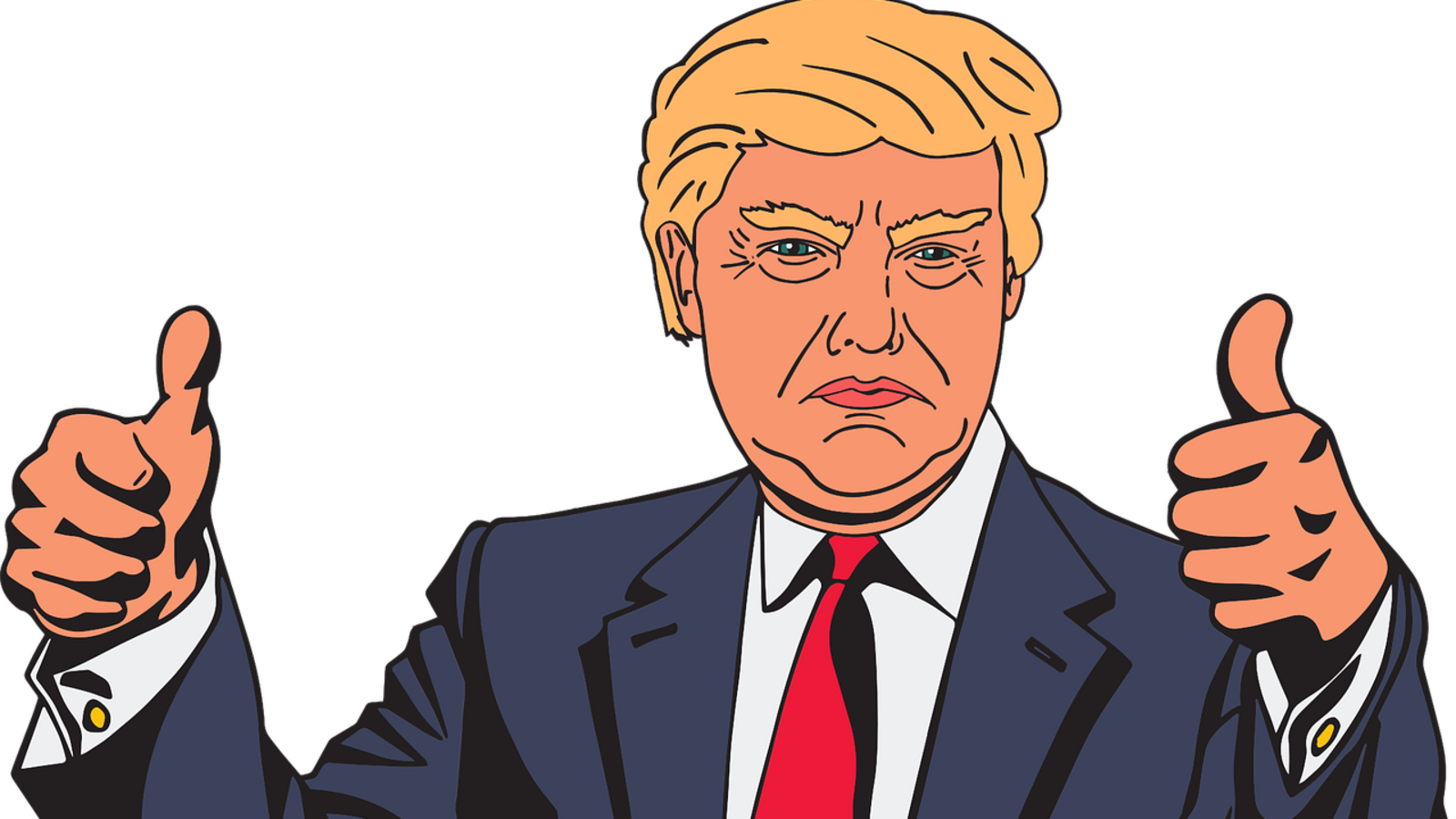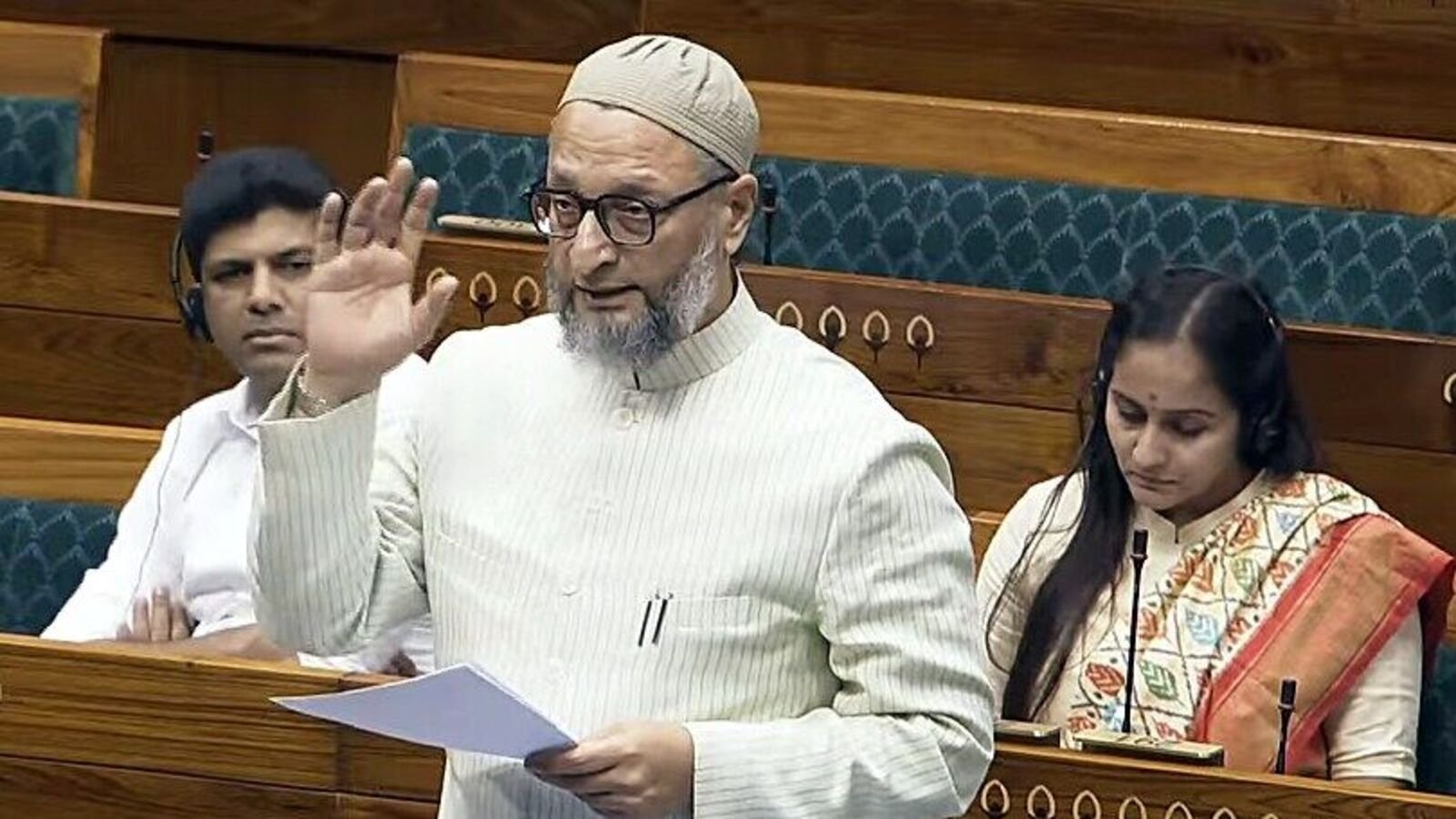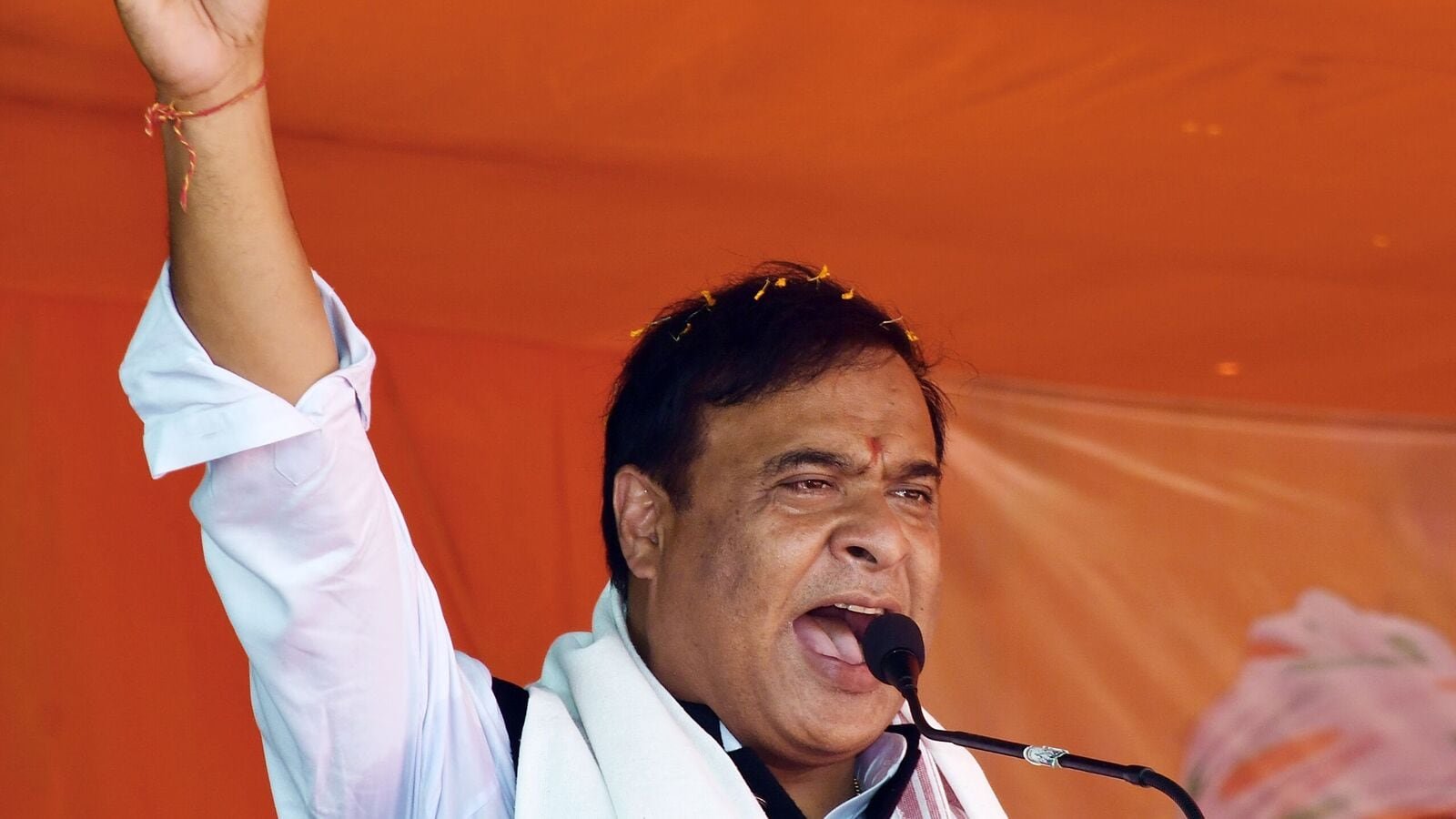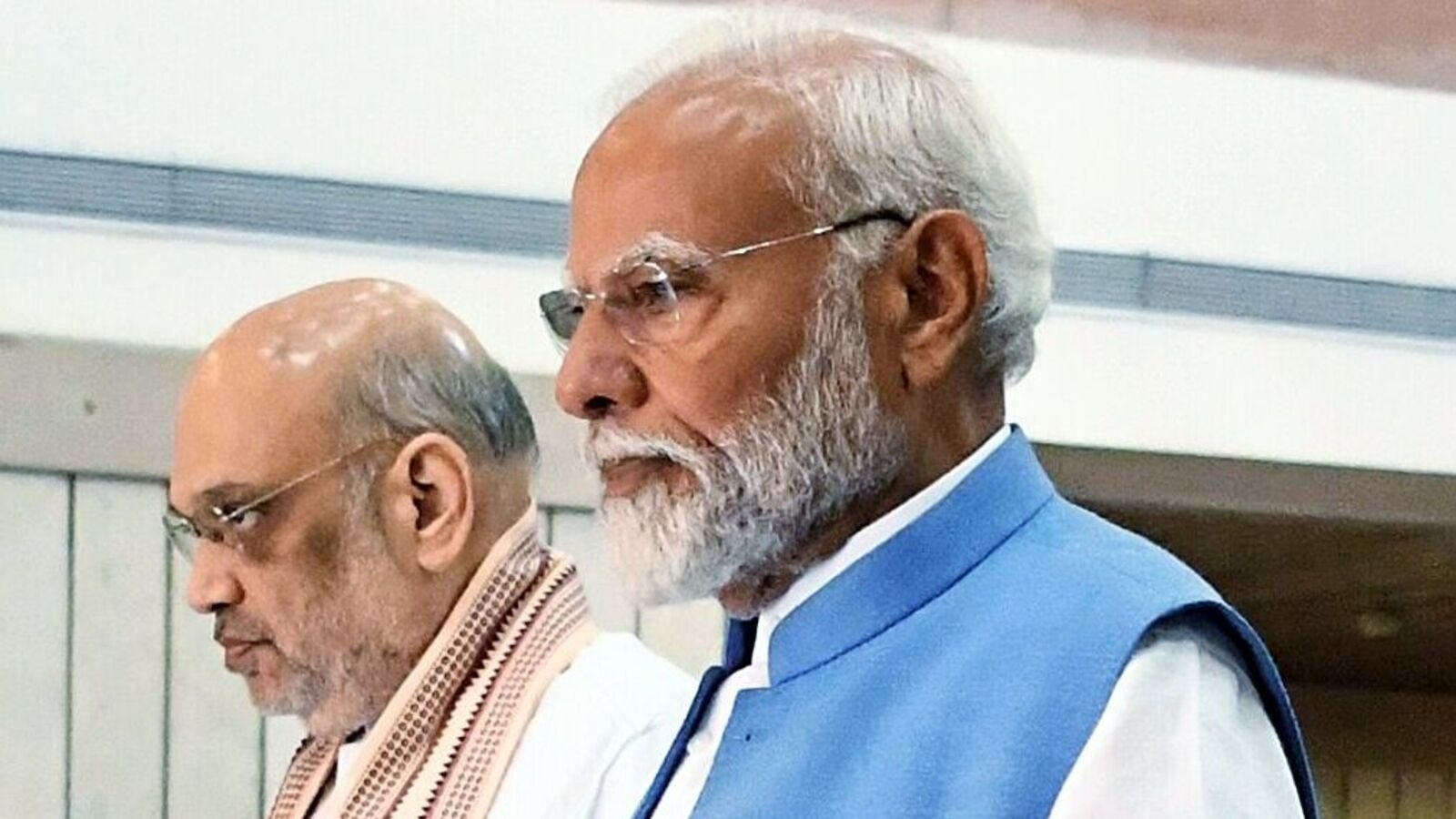WHEN DONALD TRUMP left office in January 2021 his political career seemed over. It was not just Democrats who thought so. “We are very, very close to being able to ignore Trump most nights,” wrote Tucker Carlson privately when he was still the host of Fox News’s most popular evening show. “I truly can’t wait.” Mr Carlson did not get his wish. Our statistical forecast, which we launch this week, gives Mr Trump a two-in-three chance of winning in November. This is the same model, plus some refinements, that made Joe Biden a strong favourite to become president in 2020. Tested on election data from previous elections (with no knowledge of the outcome), the model gave Barack Obama about the same chance of winning in 2012 at this point in the race as it gives Mr Trump now. Like most pundits, it thought Hillary Clinton likelier to win in 2016—a reminder that models, though they offer a rigorous way to think about the world, are not crystal balls.
How has Mr Trump gone from being cast out by his party to being likelier than not to win another term? Incumbent presidents and prime ministers are doing badly everywhere. The wave that soaked India’s Narendra Modi and will surely wash away Rishi Sunak in Britain can be spotted off the Atlantic, Pacific and Gulf coasts. Mr Biden’s approval ratings are among the worst for an American president at the end of his first term. The only thing that makes them respectable is comparing him with Mr Sunak, Justin Trudeau or Emmanuel Macron, whose numbers are even worse. Inflation may be the culprit. Mr Biden would like the election to be about preserving democracy. Swing voters seem to care more about the price of eggs.
Mr Trump may have 34 felony convictions, but Republican leaders are backing him anyway, and so giving rank-and-file Republicans permission to vote for him again. In February 2021 Mitch McConnell, the Republican Senate minority leader, described Mr Trump as “morally responsible” for the violent invasion of the Capitol by a Trump-supporting mob a month earlier. Yet in March this year he endorsed Mr Trump. And rewriting history is not confined to Republican bigwigs. Ordinary voters are at it, too. When Mr Trump left office 41% of Americans rated his presidency a success. Now 55% do.
The war in Gaza, which splits Democrats and unites Republicans, has not helped Mr Biden. Layered on top of all this has been some political ineptitude from his campaign. Where his team has tried to bribe voters, for example by forgiving student loans, it has paid off the wrong ones. College-educated Democrats are the party’s most loyal constituency. Such bungs are more effective when offered to swing voters, a point Mr Trump understands better (witness his musings about making tips tax-free in Nevada). When Mr Biden has triangulated, for example on the border (where the administration’s policy is now notably tough), he has trod so quietly that voters have barely noticed.
A lot can change between now and November. The first debate, due to take place on June 27th, will be unusually important. But what is most striking about the polls this year is how little they have moved. Mr Trump is the first former president, and first front-line candidate, to have been convicted in a court. Yet rather than change their minds about him, Republican voters have changed their minds about the courts. The share who told YouGov, a pollster, that a convicted felon should be allowed to be president rose from 17% in April to 58% in June. Meanwhile, 46% of all registered voters seem sure that Mr Biden has done something illegal relating to his son Hunter (which he has not). The younger Mr Biden’s conviction on gun charges will probably reinforce the false impression of equivalence between the two candidates.
Most Americans have already decided who will get their vote. Given that Mr Biden has been behind in national polls all year, even if only by a bit, that is deeply worrying. The electoral college still favours Republicans, so the current president needs to be ahead to have an even chance of winning. His path to victory is scarily narrow. He must win Wisconsin, Michigan and Pennsylvania (plus Omaha’s single electoral-college vote) to get to 270. If he loses any of those, he will have to win one of Arizona, Georgia, Nevada or North Carolina—where he is currently several points down in the polls. In other words, there is no clear plan B.
Mr Biden’s political team knows this but is presenting a calm face to the outside world, hoping that, as the election draws closer, voters will remember why even Mr Carlson was sick of Mr Trump by the end. Mr Biden is running as if he were ahead in this race. He is not. Read more of our coverage of America’s election year.
© 2024, The Economist Newspaper Ltd. All rights reserved.
From The Economist, published under licence. The original content can be found on www.economist.com
Catch all the Business News, Politics news,Breaking NewsEvents andLatest News Updates on Live Mint. Download TheMint News App to get Daily Market Updates.
MoreLess




